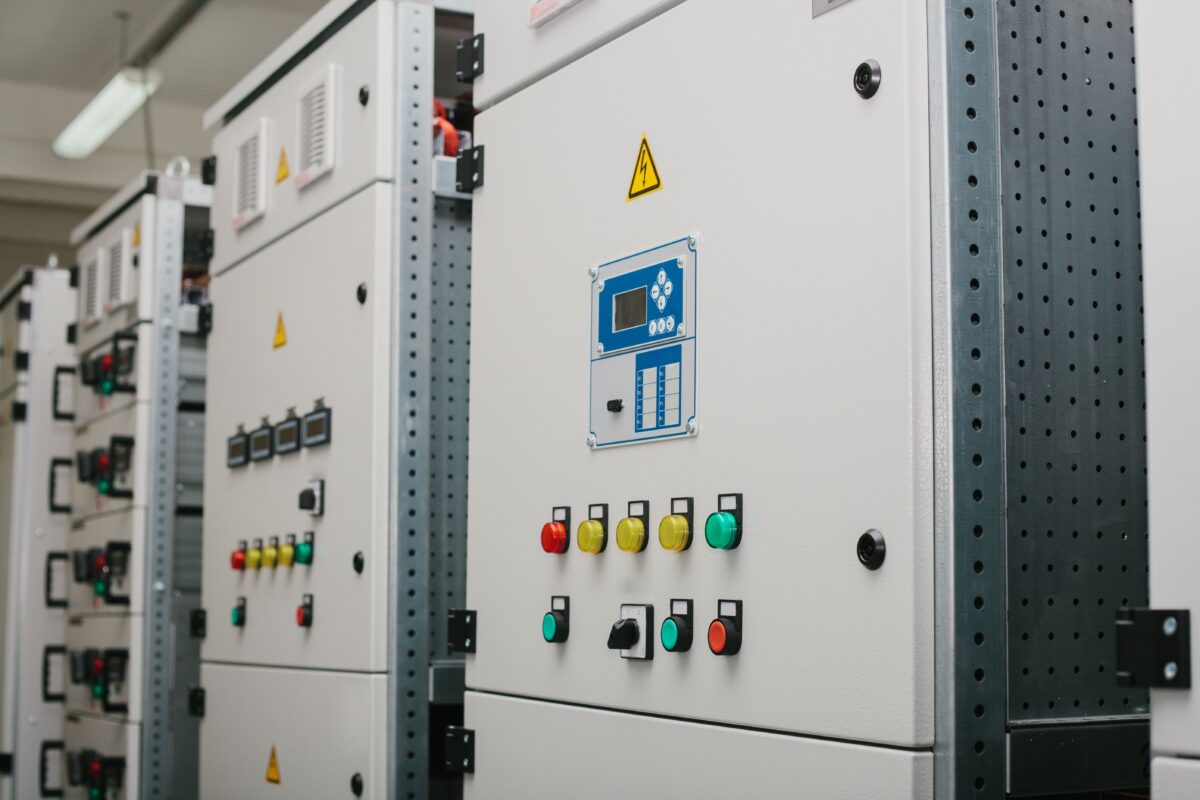
Identifying The Proper Electrical Enclosure Gasket
The function of an electrical enclosure gasket is to not only protect electronic components from outside elements such as weather and UV rays, but to also prevent electrical hazards from escaping the unit.
The function of an electrical enclosure gasket is to not only protect electronic components from outside elements such as weather and UV rays, but to also prevent electrical hazards from escaping the unit. The proper gasket will provide a tight seal in both indoor and outdoor enclosure applications, and have the ability to withstand the life of the product.
Ensuring the Proper Performance of an Electrical Enclosure Gasket
One of the most important aspects of an electrical enclosure gasket is ensuring the gasket passes specific application requirements. Most electrical enclosure applications need to comply with certain types and ratings such as NEMA, UL and IP (Ingress Protection).
To pass such inspections, you need to consider the following variables:
- Temperature: What temperature range will the enclosure gasket be exposed to? It is important to consider both the external temperature conditions as well as the potential internal temperature range.
- Location: Going hand in hand with temperature, consider if the application will be in an indoor or outdoor environment. Of course, an outdoor electrical box gasket will experience more demanding conditions than an indoor electrical box.
- UV Resistance: Will the enclosure gasket be exposed to UV rays? An oft-overlooked aspect, UV rays have the potential to deteriorate enclosure gaskets at a much quicker rate.
- Flame Resistance: Will the enclosure gasket come in close contact with flames or other extreme heat sources? If so, considerations about proper flame rating will be important.
- Outgassing: Outgassing is a common problem related to plastics, rubbers and other elastomers in which gasses get released from these solid materials. Outgassing should be properly planned for, as unexpected outgassing can cause harm to the electrical components in the electrical enclosure gasket.
- Gap Spacing: Take into consideration the area that needs to be filled by the gasket. Different areas and compression set needs can influence the type of gasket used in the application.
- Gasket Function: Most importantly, think about the main requirements of the gasket itself. What protection will the gasket need to provide? Protections from air, liquid and vibration are all common, and determining the most important variable is a crucial step when deciding on a gasket and an electrical enclosure.
Material Selection for Custom Electrical Enclosure Gaskets
Once the above variables have been properly addressed, the material selection process will become much easier. There are a variety of materials to choose from when it comes to providing the perfect seal in enclosures, and finding a good balance between optimum performance and cost-effectiveness is important. It’s easy for gasket suppliers to recommend a material that over-performs the requirements in an effort to charge more, so it is crucial to perform proper due diligence for your specific application before engaging with suppliers.
Common materials used for custom electrical enclosure gaskets include the following:
- Closed Cell Sponge Rubber: Closed cell sponge rubber gaskets such as neoprene or EPDM offer a high tear strength and multiple temperature and chemical resistances, while also performing very well under compression.
- Cellular Urethane: Cellular Urethane gaskets feature fantastic flexibility and durability, but do not stand well under extremely high temperatures. So, if high temperature and flame resistance is a priority for your project, it is best to look elsewhere. However, if these are not priorities, cellular urethane can be a great choice.
- Polyethylene: Polyethylene is a foam gasket that offers extreme flexibility for thickness, chemical resistance and temperature range. This is a very lightweight material that will hold up to numerous applications.
- PORON Polyurethane: PORON Polyurethane is a flexible material boasting an excellent compression set, chemical resistance and low-outgassing properties. This material is very easy to fabricate and die-cut, offering numerous varieties of thicknesses and applications.
- BISCO Silicone: BISCO silicone is a fantastic option for durability. This material is resistant to temperature, UV and ozone, while also meeting the most stringent UL flame ratings.
All materials can be supplied adhesive backed with a pressure sensitive adhesive if required. SRP is a 3M Preferred Converter. When you’re looking for the best peel-and-stick backing for your custom die-cut electrical enclosure gasket, our unmatched technical expertise will guide you to the best choice.
What Are the Risks Associated with an Underperforming Seal?
Needless to say, an improper or underperforming seal on a gasket can cause disastrous problems for your application. A few common risks include:
- Unexpected Costs: Underperforming or fully compromised gaskets can cause damaged electronic components in an electrical enclosure. This can result in not only the cost of replacement, but the maintenance associated with replacing and monitoring newly installed equipment.
- Systematic Errors: Underperforming seals can result in damage to nearby electrical components, which can cause system errors and other potentially catastrophic problems for your application and overall operations.
- Quality Concerns: In addition, compromised gaskets and underperforming seals can result in quality concerns from enclosure manufacturers, and even potential loss of UL enclosure rating.
SRP Can Help With Your Next Project
Since 1951, SRP has been supplying custom electrical enclosure gaskets to top companies in the industrial, electronic, HVAC and telecommunications industries. We can be a valuable partner to work with to find the perfect solution for your next project.
For more information, please visit our enclosure gaskets page. You can also get in touch with us at info@srpco.com.
